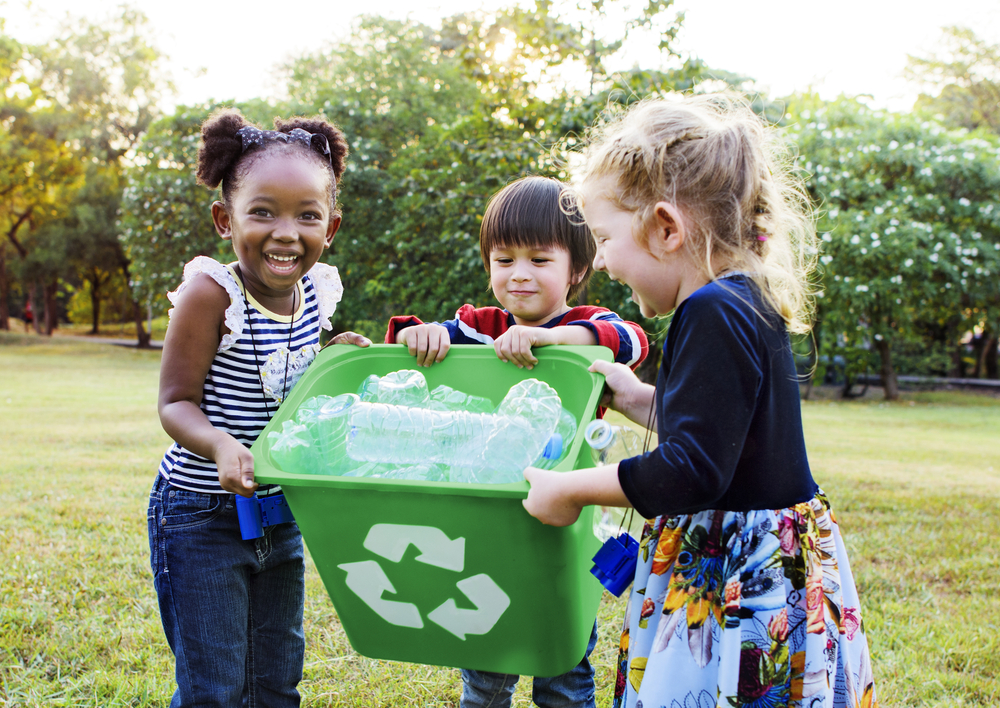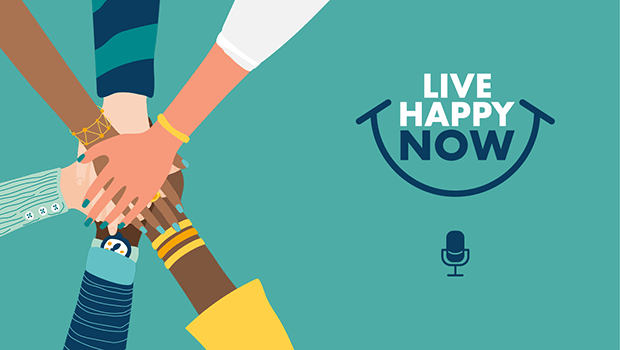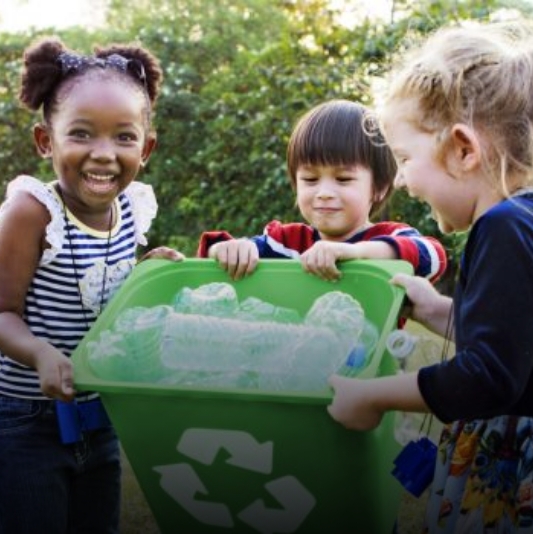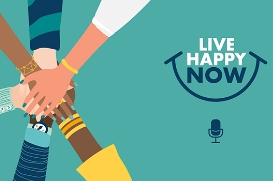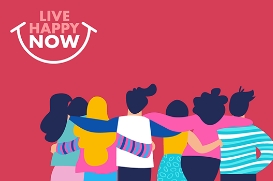B Corps are changing the way we do business.
Do you know the saying “You must be the change you wish to see in the world”? Well, a growing number of businesses are doing just that.
Business as a force for good
Businesses have a tremendous impact on our lives, as owners, employees, consumers and community members, and now B Corps are using that power to solve social and environmental problems.
The B Corp designation is to business what Fair Trade certification is to coffee or USDA Organic certification is to milk. Today, 1,281 Certified B Corps from 41 countries and over 121 industries are working together toward a single unifying goal: to redefine success in business.
Getting the B grade to redefine success
A business interested in becoming a B Corp goes through an assessment process that measures the social and environmental performance of everything it does, including accountability and transparency. If the company scores well, then it’s eligible to obtain the B Corp certification from B Lab, the supporting nonprofit organization.
All shapes and sizes
B corps come in all shapes in sizes, from small firms with sole proprietors to global brands like Ben & Jerry’s. Rob Michalak, Ben & Jerry’s global director of social mission, led the company’s effort to obtain its B Corp certification. “At first, the whole idea of assessment can be intimidating, but then people realize the benefit of the tool,” he says.
The certification process has helped the company affirm what it’s doing well and provided insight into opportunities for improvement. So far, Ben & Jerry’s management has benefited the most from the guidance provided by the assessment process. With its deep social mission, the company is committed to supporting the B Corp movement. “There is true power in movements—much stronger than any individual company,” Rob says.
Aligned Values
Many companies join because there is strong alignment between a company’s established values and that of the B Corp movement. That was the case for Founding B Corp member King Arthur Flour, an employee-owned business. King Arthur Flour Chief of Staff Carey Underwood says the existing employee engagement, management transparency and employee-owned culture all contributed to the company’s high social scores during the assessment.
Sustainable, Inside and out
For Patagonia, taking care of the planet has always been a driving value, so the B Corp designation was a natural fit, says Elissa Loughman, the company’s manager of corporate responsibility.
The company knows that examining its own business practices and the way it uses resources are essential to being a responsible company. The outdoor clothing company uses organic cotton, makes fleece jackets from recycled plastic bottles and traces all the down used in their products back to the geese farms to ensure humane animal practices. Patagonia also uses wool from sheep raised sustainably in the Patagonia region of South America.
Patagonia is also a founding member of 1% for the Planet, through which companies donate 1 percent of sales to environmental nonprofits.
What Members Appreciate
Being part of a community and movement with shared goals has its benefits. Because B Corp certification is so rigorous, it validates and values the good work member companies do and helps them identify opportunities to improve. Members benefit from a culture of collaboration and exchange that even includes the signing of a “Declaration of Interdependence.”
Additionally, for companies like Cabot Creamery, the first dairy farmer cooperative to become a B Corp, building brand awareness has been very helpful. Cabot Creamery Director of Marketing Amy Levine says “being a member has helped educate and communicate to consumers how a co-op is a beneficial business model” for the broader community and their high-quality products. The company appreciates that the assessment recognizes its acts of gratitude and volunteerism.
Just Getting Started
Though it’s growing quickly, the B Corp movement is just getting started. B Corps range across all types of businesses and industries, from food to finance, from clothes to consulting and from consumer products to waste management.
“All these companies are united by one common goal: to be best for the world,” says Katie Kerr, B Lab’s director of communications. Certification helps companies differentiate themselves and improve, helps consumers align their purchases with their values and helps people find good places to work. Building the brand and movement go hand in hand—both increase well-being for all.
Are you ready (consumers and businesses) to “B the change”? If so, check out bcorporation.net, watch the “We Have a Dream” short video, begin an assessment and find a B Corp to do business with.
Contributor Brian Kaminer is the founder of Talgra, a certified B Corp and consulting firm, and the creator of Invest With Values, an education website for people looking to align their money and values.



